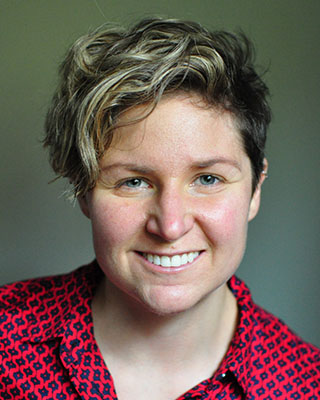Education for Health Equity

Dr. Victoria Roach
Director of Evaluation and Assessment, WWAMI Institute for Healthcare Simulation (WISH)
Preparing for leadership roles in healthcare simulation science requires broad understanding of patient care.
Dr. Victoria Roach, a research assistant professor in the UW Medicine Division of Healthcare Simulation Science, explains why diversity and equity matter for healthcare simulation-based education and outcomes.
Why does the UW Master of Science in Healthcare Simulation Education program include a focus on diversity, equity and inclusion?
As healthcare simulationists, we can improve training for healthcare providers who will interact with a population that is diverse in culture, language, body type, gender and ethnicity.
Currently, there’s limited diversity of patient representation in healthcare simulators. From high-fidelity manikins to task trainers used to learn a specific procedure, more than 95% of all products now offered represent “fit” white males. Our graduates will gain knowledge they can use to develop more kinds of physical models or virtual patients to better reflect a diverse population.
How will students in the UW Master of Science in Healthcare Simulation Education program grow their skills to serve a diverse population?
First, our students will learn from faculty and mentors who are advancing health equity through simulation science every day. For example, the CREST lab within the UW Division of Healthcare Simulation Science has developed an Asian female training manikin that can be used in simulation exercises for advanced surgical airway training.
Through their own capstone projects and practicum experiences, our students will have the chance to research healthcare needs that personally inspire them, then develop improvements they can put into practice.
How will this program's commitment to diversity and equity prepare graduates to advance their careers?
At the University of Washington School of Medicine, we know it’s important to do our part to train a provider population that reflects the patients they're going to serve.
Not only does representation matter, we also know that a care provider’s experience and understanding of diversity can impact how they may treat a patient. This is especially true when it comes to different body types. For example, providers may have to adjust for diverse body types when it comes to treatments such as drug dosing, CPR, the Heimlich maneuver, and many others.
Our students will also have the chance to learn about cultural humility, respectful communication and healthcare equity. Because our graduates will understand how these core principles apply across healthcare, they’ll be prepared to stand out in the field as the next generation of healthcare simulation researchers and leaders.